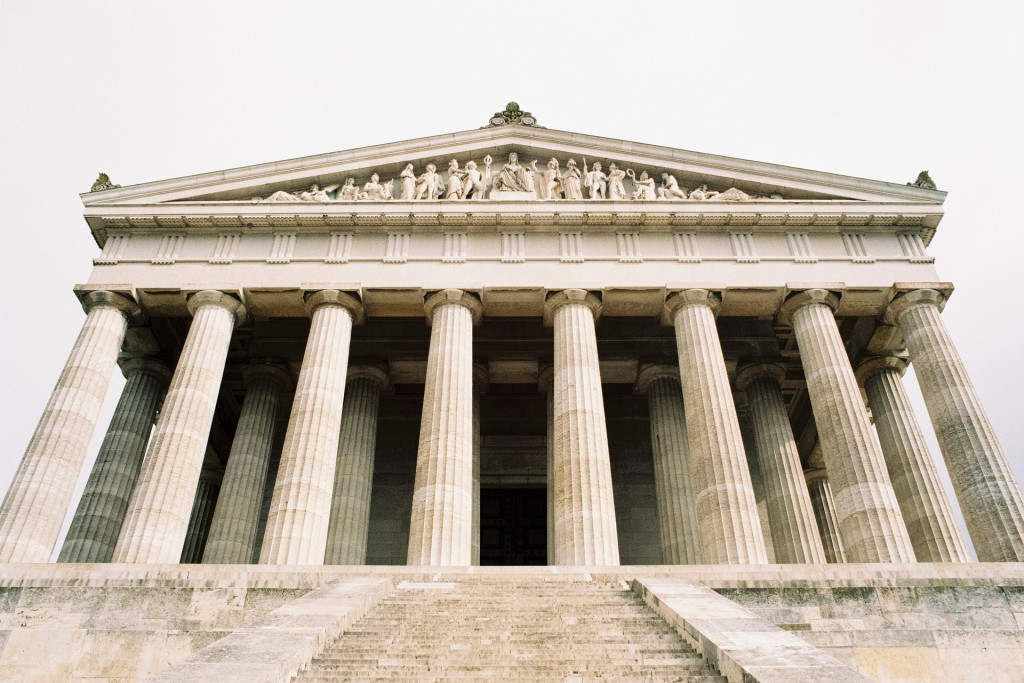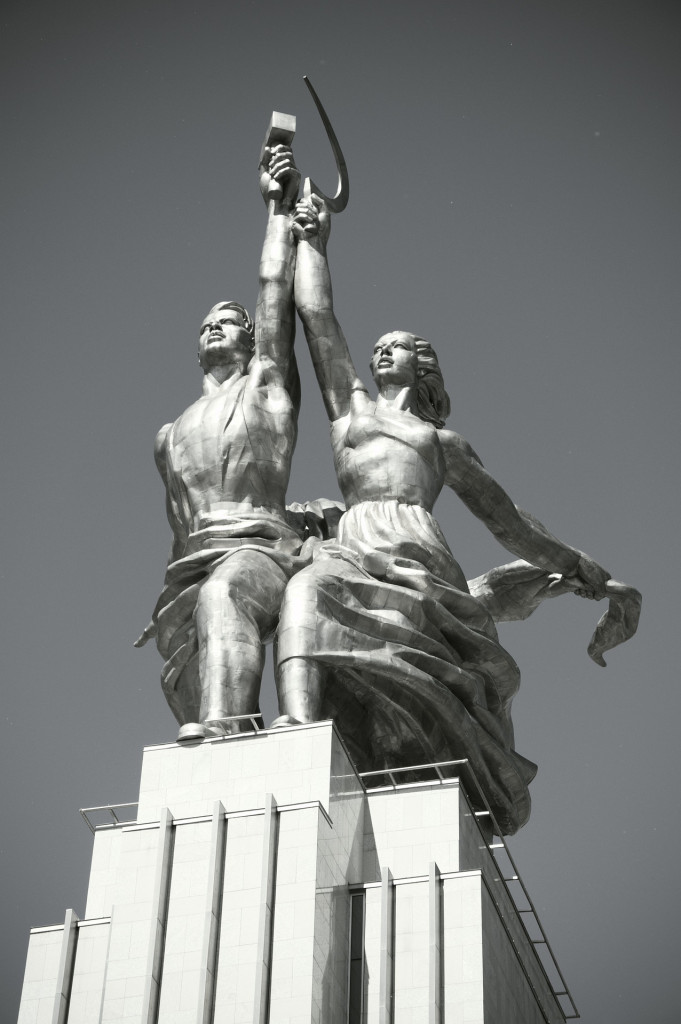Table of Contents (click to expand)
Changing times and approaches allow for different connotations to emerge from the same set of facts, making history a dynamic, rather than a stagnant, process.
Many of us have the tendency to consider history to be a standard and stagnant set of facts etched in the past, and that because there is evidence for the same, and that because it was so, it will always be so.
However, history, as it turns out, is not unequivocally and internally consistent. History is like that one friend who always changes their story, and while there may be some kernel of truth in what they say, it is buried deep inside and must be unearthed with time and effort.
So, which came first?
History as we know it today or the idea that there’s a linear progression of events through time that is accessible and capable of being revealed to us?
We can certainly see how history has changed over time, but how does that materialize in its study?
What Is Historical Revisionism?
Historical revisionism, also called negationism, is the phenomenon that seeks to define the constant interaction between historical facts and how they are interpreted by the historians of a certain age. In simple terms, the people who study history and interpret it are often using a half-picture presented by the material that has survived the ravages of time to construct what could have been the full picture with their limited knowledge and imagination.
It acknowledges the fact that history is not mere facts, but rather a process where the present tries to decipher the past. Within this process, there are sub-levels of integration and disintegration of perceived events and the various factors that may have caused them or played a part in their occurrence. It even allows for contradictory interpretations of the same incidents due to ambiguity in available documentary or archaeological evidence.

For example, until the finding of the Rosetta Stone (a stele holding a decree in the Ancient Egyptian and Greek scripts, found in 1799), Egyptian hieroglyphics were largely undeciphered and therefore, overlooked. The sudden access to documentary evidence from the Egyptians themselves allowed for the nature of Ancient Egypt to be studied.
The Internet age may have claimed the phrase ‘revisionist history’ to shame those who manipulate certain aspects and events in history to serve their own agenda, but its origins are intellectual inquiry into the human condition of those who did not live in the same social, political, cultural, economic and technological setups as we do.
However, it is not just the Internet that uses it as a charge against people. Mao Zedong famously called Nikita Khruschev a revisionist for his de-Stalinization tendencies; Stalin, in turn, as in George Orwell’s magnum opus 1984, was guilty of revising Soviet textbooks that mentioned politicians who had fallen out of favor.

Also Read: Uniformitarianism Vs Catastrophism: Is The Earth Shaped By Violent Events Or Gradual Changes?
Why Is Revisionist History Needed?
Just because the past has already taken place does not mean that it is definite. We may have some limited sources to peek into the lives of those who lived before us (some texts survived; however, they usually did not document the daily lives of ordinary citizens, and failed to give the contextual knowledge necessary to reconstruct past societies, which would have been obvious to those who lived in them, but not us,), but these are by no means sufficient. It is therefore important that with every discovery of any new piece of evidence, the existing beliefs be reevaluated, so as to make logical and informed sense of the past.
Since historians are also limited by their own perceptions of what has been, given the social, cultural, political and economic inclinations and ideologies they subscribe to that may intentionally or unintentionally subject their ideas to some bias, a diversified study of the past allows for potentially greater understanding of the various facets of which it consists.
So, while a historian in America during the Cold War would have perceived the Russian Revolution, and before that, the historical significance of Marx and Engels’ rise in a particular light, specifically one that could attribute the rising frustrations of the workers to the subsequent revolution, a historian in current times would probably give the revolution more credit, while simultaneously being able to comment on the disappointment associated with the Communist experiment.

Also Read: What Is Dialectics? What Is The Triad Thesis?
Why Is Revisionism Relevant?
It is often the version of history that is preferred by those presently and previously in power that is handed down to us. Certain facts are left undocumented, omitted, not brought to the front stage or revised to suit the narratives of the people dictating them (it is not in vain that they say that “history is written by the victors”). Even changing the names of places is an attempt to revise the origins of its settlers and their history. Because of revisionism, the true history of many events has been forgotten. When we forget history, however, we risk repeating earlier mistakes.
There is also a certain omnipotence surrounding revisionism. We see all over the world how narratives are built and destroyed. Historical revisionism allows us to be aware of the fact that knowledge of the past is being manipulated in order to shape opinions and obtain considerations that may be politically significant and unapparent (the denial of genocides by those who are considered to be the perpetrators of those genocides, for example, allows us to see how history is revised to absolve a guilty party of culpability).
A Final Word
The conclusions that can be derived from open-ended information are often painted by the person making them, which is why even though historical revisionism is a tool for achieving academic understanding, it may also be drive by ulterior motives. Revisionism encourages a new way of looking at the past and helps us gain a more accurate understanding of how events occurred and why they happened, but it can be a double-edged sword of which we all must be aware.
How well do you understand the article above!

References (click to expand)
- ONLINE FEATURE ARTICLE: Historical Revisionism: Concept and Practice - www.researchgate.net
- Shapira, A. (2001, June). The strategies of historical revisionism. Journal of Israeli History. Informa UK Limited.
- Gray, R. (1994). Class, politics and historical ‘revisionism’. Social History, 19(2), 209-220.
- (2000) the politics of historical - 'revisionism': comparing ireland - jstor. JSTOR
- Moradiellos, E. (2008, December 1). Critical historical revision and political revisionism. International Journal of Iberian Studies. Intellect.
